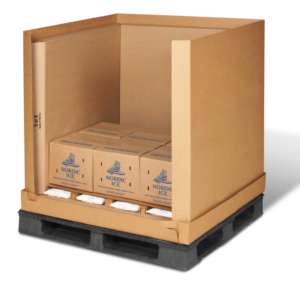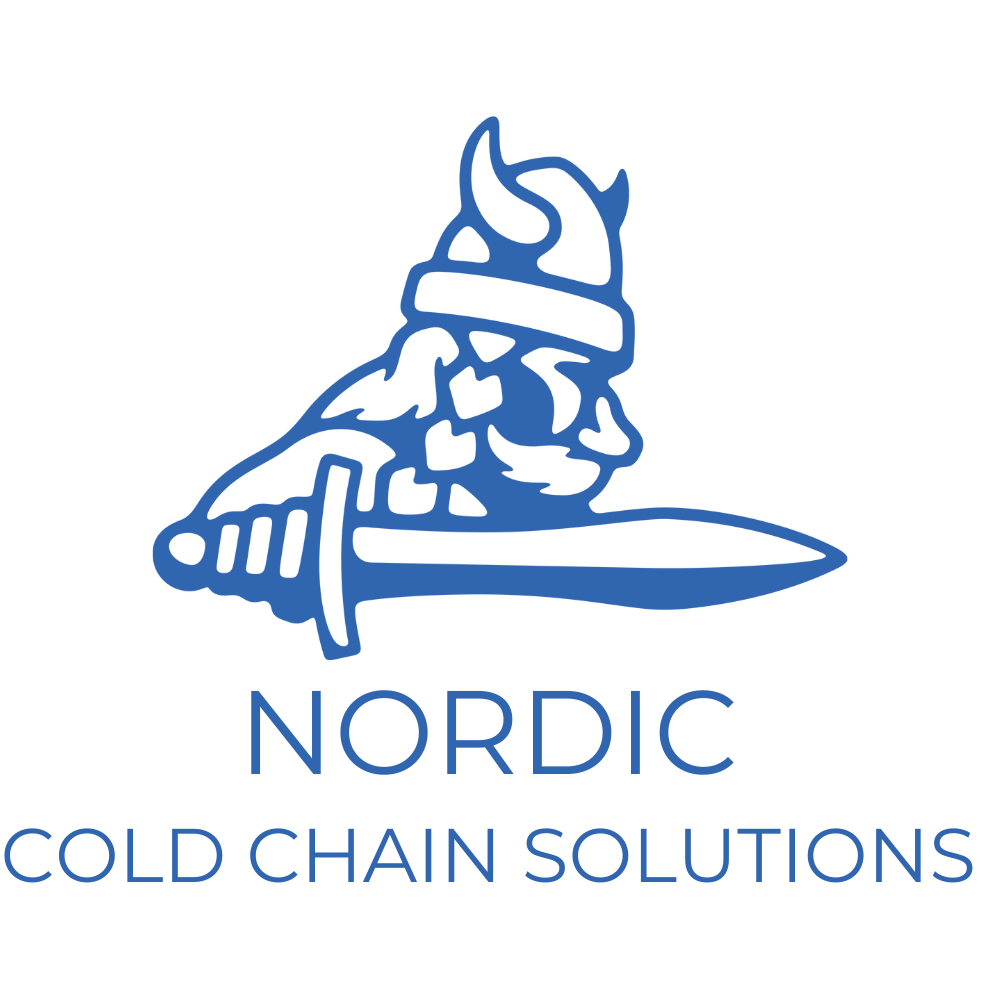The Importance of Integrated Solutions
Cold chain logistics is a complex ecosystem where every component plays a crucial role in maintaining the integrity and quality of temperature-sensitive goods. By adopting an integrated approach, freight forwarders can address multiple challenges simultaneously, leading to improved performance across the board.
Integrated solutions streamline operations, enhance communication, and ensure that each part of the logistics chain works harmoniously with the others. This holistic strategy enables companies to optimize resource utilization, reduce waste, and minimize risks associated with temperature fluctuations. Furthermore, integrated solutions facilitate real-time monitoring and data analysis, allowing for proactive decision-making and rapid response to potential issues.
Pallets Shippers: The Foundation of Efficient Cold Chain Shipments
Durable and efficient pallet shippers are essential for maintaining the integrity of cold chain shipments. Our high-quality pallet shippers use materials that can withstand extreme temperatures without compromising structural integrity. These pallet shippers can provide stability during transit and contribute to temperature control.

Refrigerants: Tailored Solutions for Temperature Control
Different stages of the cold chain require specific temperature control solutions. Advanced refrigerants play a vital role in maintaining optimal conditions throughout the journey. Refrigerants are designed for various applications, from short-haul transportation to long-term storage.
Just-In-Time (JIT) Programs: Reducing Waste and Improving Timeliness
Implementing Just-In-Time programs can significantly reduce waste and ensure timely delivery of temperature-sensitive goods. JIT systems optimize inventory management and streamline the supply chain, resulting in fresher products and lower operational costs.
Phase Change Materials (PCMs): Stabilizing Temperatures in Transit
Phase Change Materials have revolutionized temperature control in cold chain logistics. These innovative materials absorb and release thermal energy during phase transitions, helping to maintain stable temperatures during transportation. PCM-based products offer precise temperature control for a wide range of cold chain applications.
Benefits of Adopting Integrated Solutions
Freight forwarders who have embraced holistic cold chain solutions have experienced numerous benefits:
- Reduced costs through improved energy efficiency and decreased product loss
- Enhanced product safety and quality due to more consistent temperature control
- Improved delivery times and customer satisfaction
- Greater compliance with regulatory requirements
- Increased sustainability through reduced waste and energy consumption
Embracing the Future of Cold Chain Logistics
As the demand for cold chain freight forwarders grows, adopting integrated solutions becomes increasingly crucial. The future of cold chain logistics lies in the seamless integration of cutting-edge technologies and strategic approaches. By combining innovative technologies and strategies such as advanced pallets, tailored refrigerants, just-in-time (JIT) programs, and phase change materials (PCMs), companies can achieve new levels of efficiency and precision in their operations.
These advancements ensure the integrity and quality of temperature-sensitive goods and enhance operational flexibility and cost-effectiveness. Embracing these innovations positions companies to meet the market’s evolving needs, drive sustainability, and maintain a competitive edge in the dynamic global logistics landscape.







